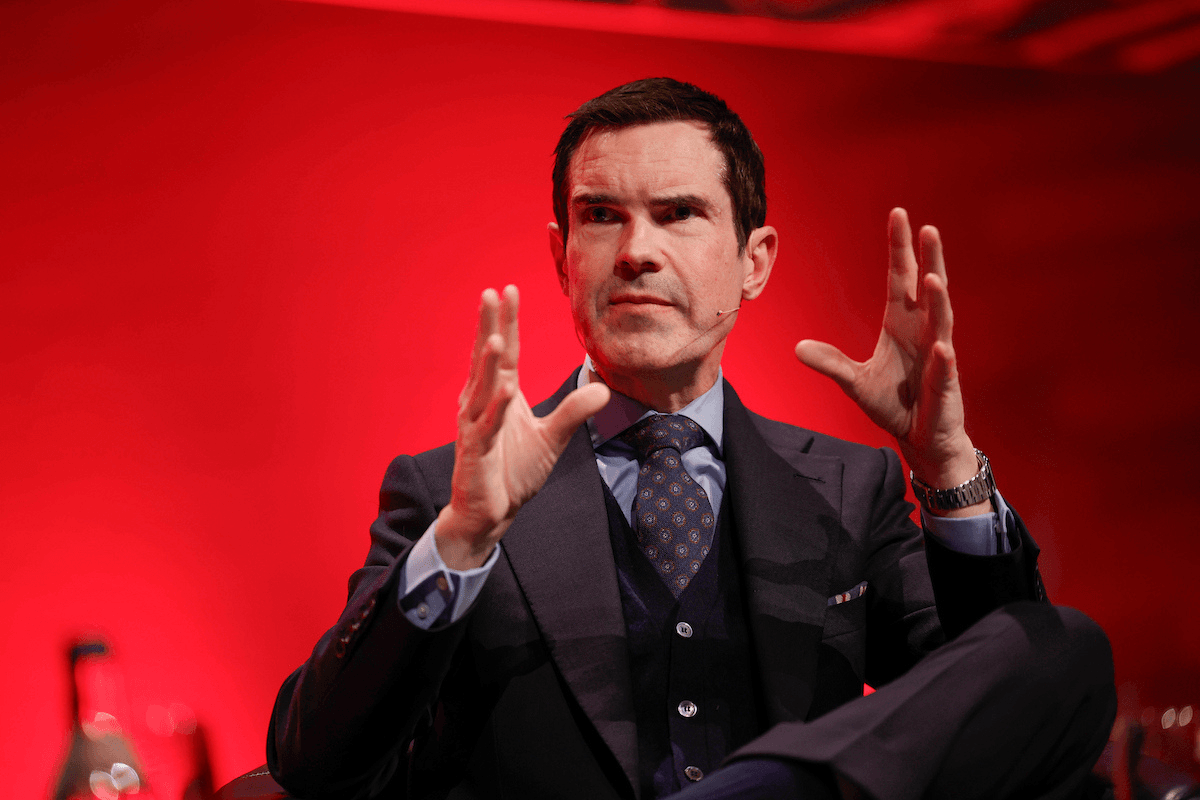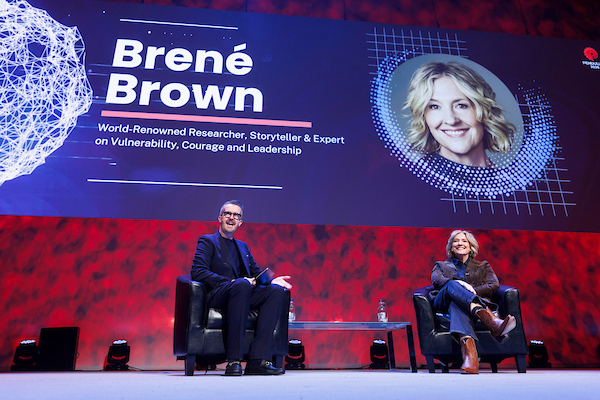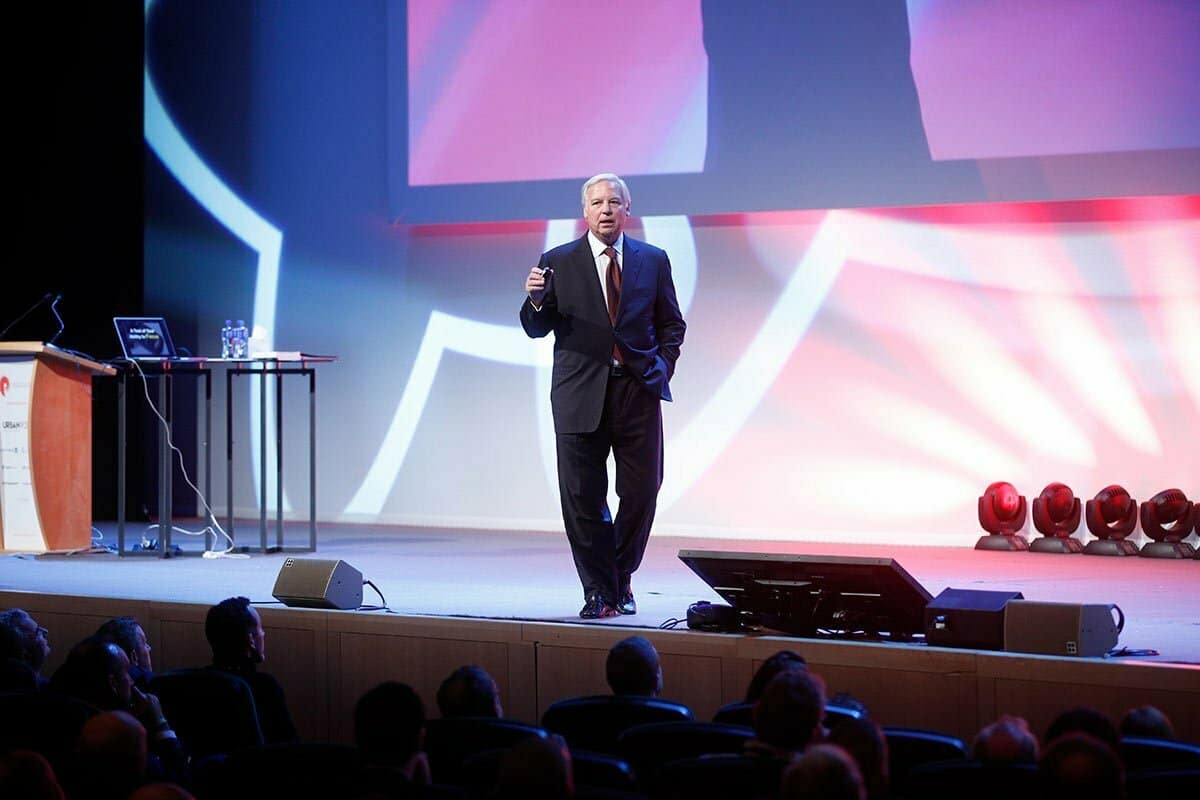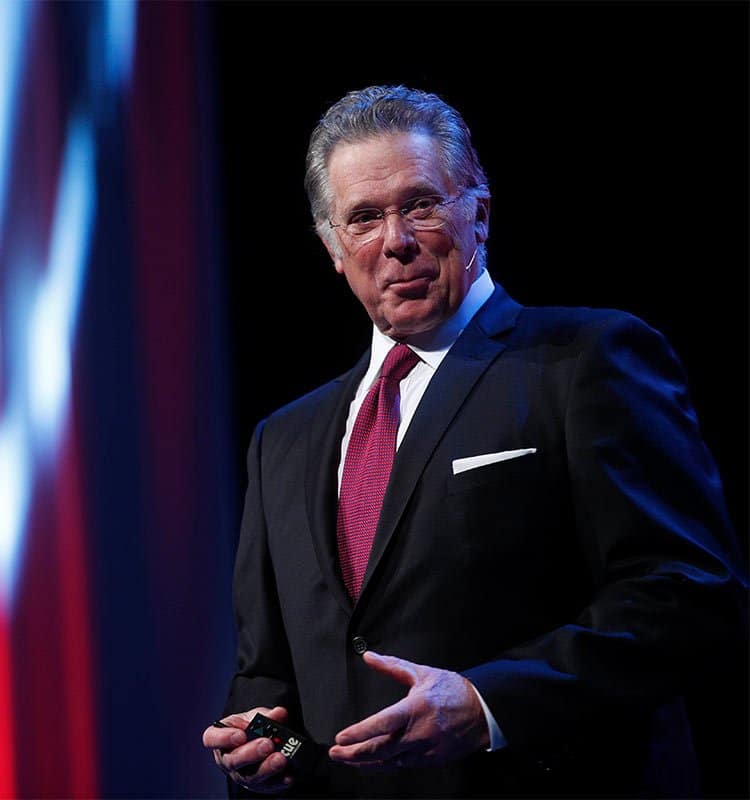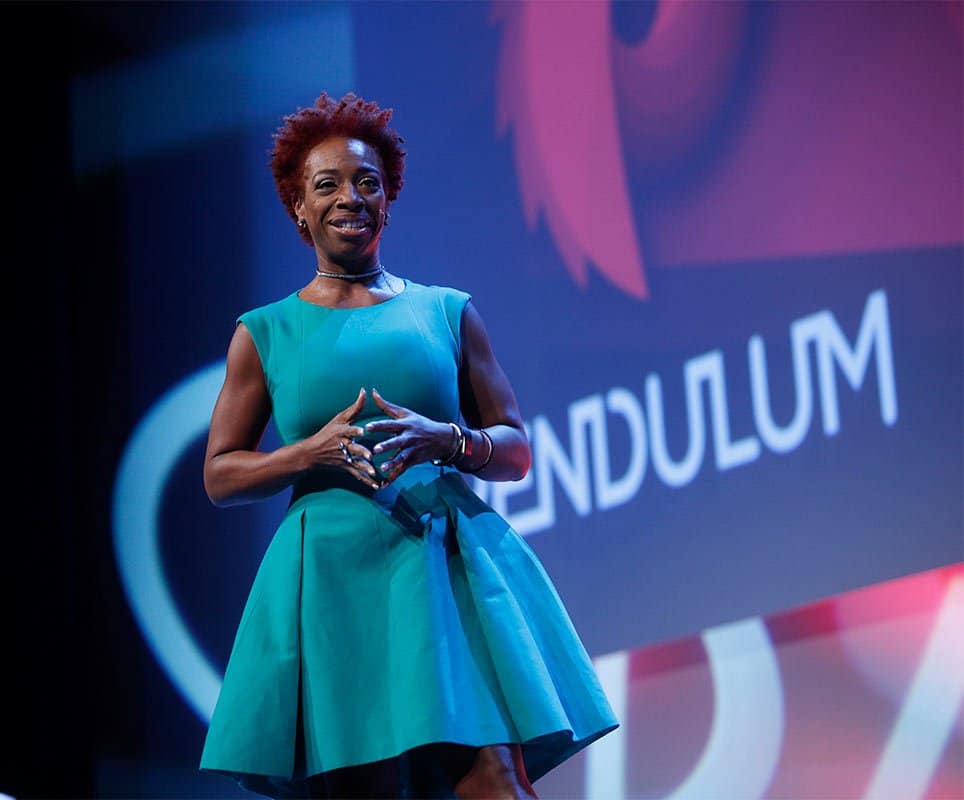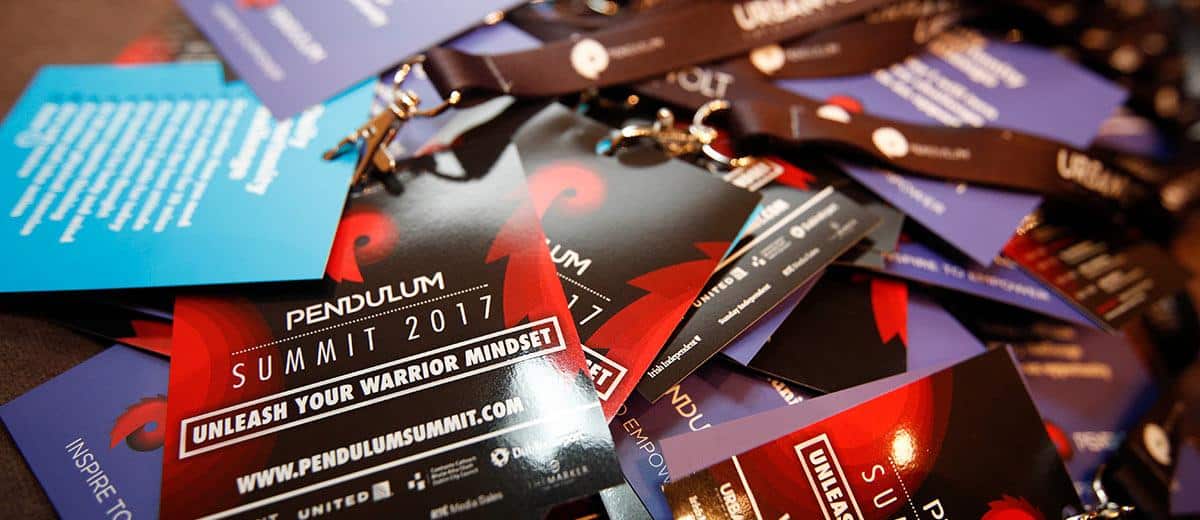Inclusive companies are 1.7 times more likely to be innovation leaders in their industry.
You’ve done it all.
You hire external consultants, pay your employees fairly, offer respectable benefits, invest in learning and development, encourage new ideas and support your employees well being.
You think you’ve done it all, but have you?
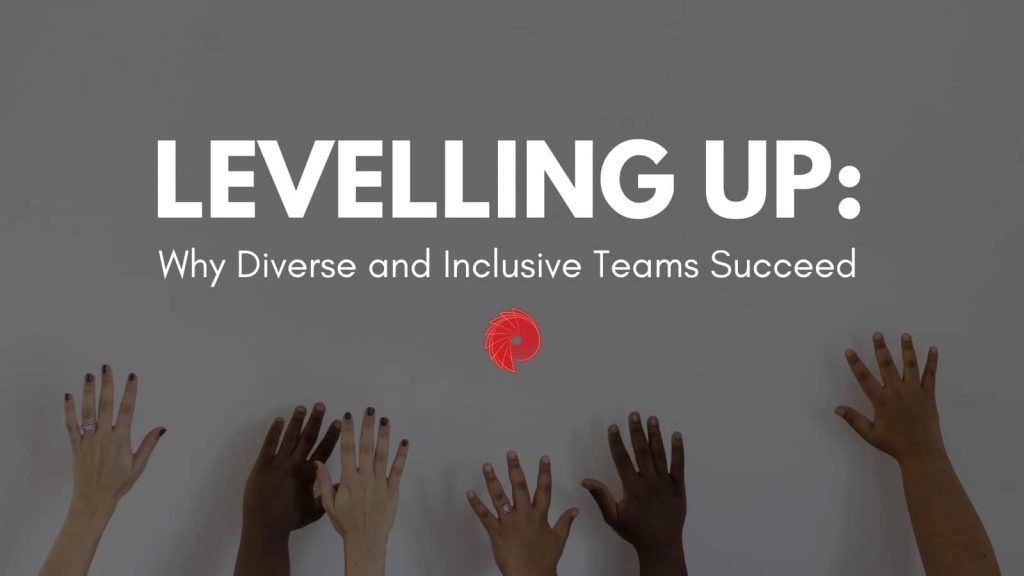
“The friction which results from ignorance … can be reduced only by the spread of knowledge and the unification of the heterogeneous elements of humanity. No effort could be better spent.” – Nikola Tesla
Diversity brings change. Change is the catalyst for innovation.
How do you view conflict? Do you view it positively or negatively?
On the one hand, too much conflict causes negative disruption. On the other hand, a healthy amount of conflict promotes conversation, discussion and evolution.
If all members of your team think exactly the same way, come from the same backgrounds and uphold the same ideals, then your organisation is likely to become stagnant.
There are two sides to the diversity and inclusion conversation: the human side and the business side.

From a human perspective, diversity and inclusion promotes employee growth, employee happiness, organisational culture and employee retention.
From a business perspective, diversity and inclusion supports financial gains, higher returns on investment, employee performance and corporate reputation.
Where do you start?
Here are some steps you can begin implementing to improve diversity and inclusion in your organisation:
1. Review your hiring process
Does your hiring process support diversity and inclusion? Look at your job postings and evaluate the language you use to ensure it’s inclusive. Discuss the hiring process with your hiring managers to ensure they’re confident to apply appropriate and inclusive hiring methods.
2. Analyse your work policies
Do your work policies include, support and empower all members of your organisation? What are your organisation’s current diversity and inclusion policies? You may find it necessary to update policies regarding working from home, flexible working or hiring policies.
3. Assess your organisational culture
Organisational culture includes everything in your organisation, including your policies, your employees and your norms. Organisational culture is a complex structure and can pose a challenge to analyse. You may identify norms that exist within your organisation that are harmful to diversity and inclusion.

